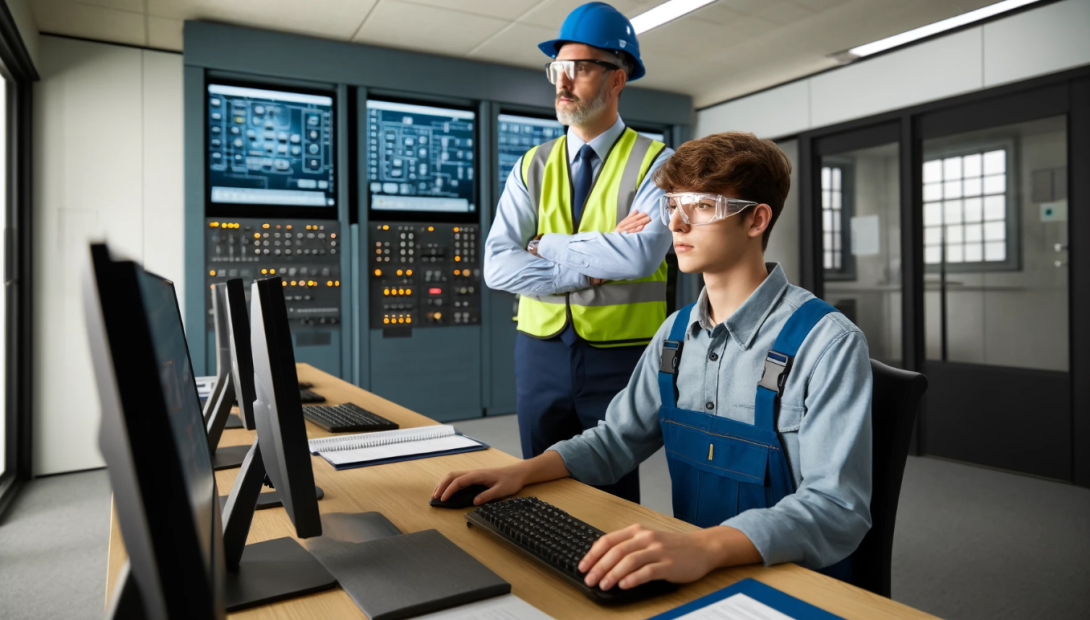Ask Ron Besuijen

We ask Ron:
Why is the selection and development of training scenarios key to a successful program?
Ron's Response:
There are a few areas to focus on when developing simulator scenarios.
- The development of process knowledge, i.e. Distillation, heat exchange, chemical reactions. Scenarios can be created to encourage panel operators to expand on their knowledge of the process. For example, a distillation system is dynamic. Reading about it in a manual and procedures are a good starting point. Seeing how a reboiler issue impacts the rest of the tower and how to minimize the upset develops a new skill level to the panel operators understanding of distillation.
- Share experiences from past incidents. This is the best way to ensure that the panel operators understand what happened in past incidents and how to limit the impact if they happen again. Incident reports can be vague on these details.
- Response to emergency situations. As mentioned in previous pods it is critical that operations respond to these events correctly and they should be reviewed periodically on the simulator.
- Awareness of how a disturbance in one system can impact another system. Most disturbances will affect more than one system. An upset from one system will likely upset the flow etc. to the next system. An operator’s mental model of the process must include the cross impacts of one system to another and scenarios can be developed to practice this.
- Develop Situational Awareness. This skill allows the panel operator to be aware of the alarms (light boxes and alarm summary), flaring, impacts to or from other units connected to their area of responsibility, staying connected with their field operators and, be aware if an emergency system is activated (gas detection, safety showers).
There are many types of failures that can occur. Transmitters and valves can fail many ways. Transmitters can fail high, low, drift either direction, fluctuate, loose the signal. Valves can fail open, closed, last value, cycle, or drift from the requested output. These can all be practiced on a simulator and will build the mental model of the operator. This will increase their chances of detecting a problem and increase their response time.
The timing of scenarios is important. A failure that happens quickly is usually obvious to detect. This will help a new panel operator develop confidence and skills. To challenge an experienced operator a subtle approach is required. Slowly drifting a transmitter will allow the problem to evolve and possibly cause an alarm in another system to come in first. When I first started creating this type of scenario, I thought I may be too devious. We then had a few incidents in the live facility that were more challenging than the ones I developed.
Scenario development takes preparation, an understanding of the functioning of the simulator, and a thorough knowledge of the process. New scenarios should also be developed periodically to keep the panel operators engaged and challenged.
